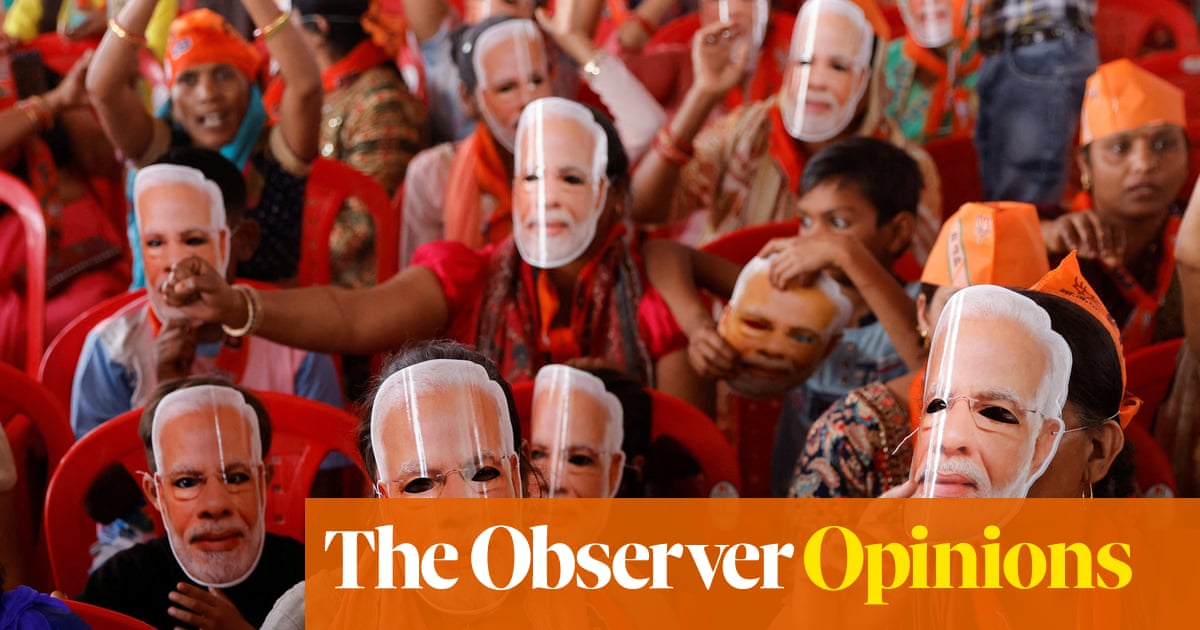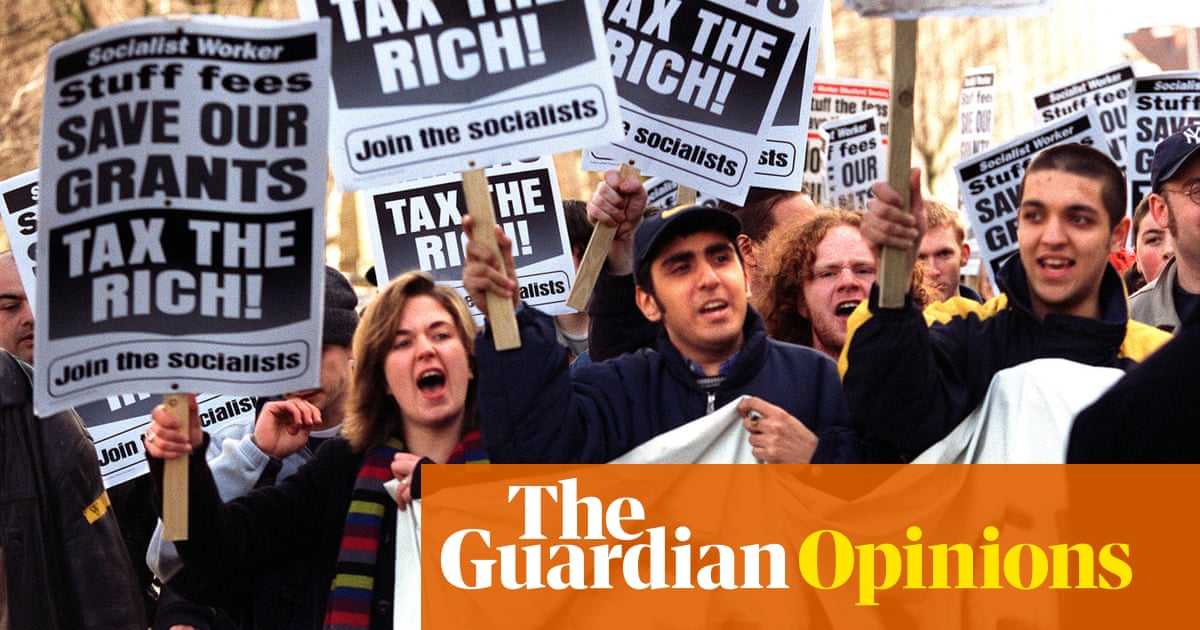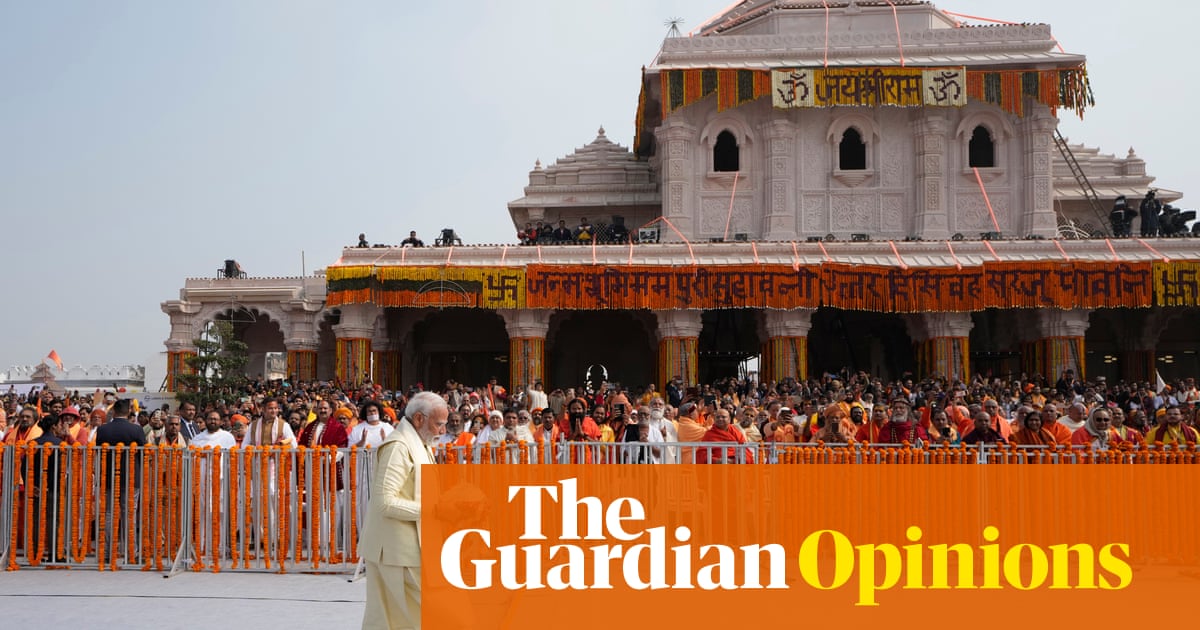
Earlier this month, India’s Bharatiya Janata Party (BJP) led government did something remarkable. On Feb. 1, the Finance Minister Nirmala Sitharaman delivered the budget speech: A plan for the entire Indian economy, allocating future government expenditure, setting growth targets, and setting rates, like income tax, that in turn affect the budget of every Indian household.
The budget is an annual ritual, going back to the year India became independent in 1947. Even so, there was something special about this year’s speech. For over two and a half hours — the longest budget speech on record — Sitharaman delivered a speech entirely in the language of rational analysis (and thereby also inviting reasoned disagreements). In refraining from ad hominem attacks on opponents, or innuendo about the lives of some groups, Sitharaman’s speech implied something like a shared, national humanity — that all Indians seek the same thing, and live a deeply interconnected life in which the prosperity of one is linked to that of all.
If this was surprising, it’s because everything else that Narendra Modi’s government has done this winter has suggested a deep and inexorable compulsion to shrink India — politically, morally, spiritually — and set its people against each other.
By a series of missteps, Modi has severely eroded the legitimacy of his authority — something bestowed on the government only last May by the very democracy they now threaten with a creeping authoritarianism.
The trouble began late last year when the government enshrined into law a bill offering fast-track citizenship to all those seeking refuge from religious persecution in neighboring states — all those but Muslims. This idea — disturbing in itself in a secular country — also had vast implications domestically for millions of citizens.
In essence, when the government sets about conducting its proposed National Register of Citizens (NRC), all those unable to prove their citizenship — in itself an onerous task because of the paucity of documentation among India’s poor — would then be divided into two classes: One who could then claim access to citizenship via the recently enacted law, and one, composed of Muslims, who would suddenly be left in limbo.
Although the government had the numbers in both houses of parliament to pass the bill, citizens demonstrated against the law when it was passed. Over December and January, the agitation for a rollback of the law caught fire — and caught Modi and his Home Minister Amit Shah by surprise.
In effect, some Indian states now act as the custodians of the ethos of Indian democracy, while the government, with its brazen lack of commitment to pluralism, has willfully provincialized itself, trying to shrink India into its own image.
Chandrahas Choudhury
Violence broke out in many parts of the country — much of it fanned by the police in BJP-ruled states. The government proved incapable of dealing maturely with the protests. It tried to derive political capital even from the resistance, claiming that the protestors were mainly Muslims who had been provoked by “vested interests”. In one especially ridiculous instance, police arrived at a school in the BJP-ruled state of Karnataka to interrogate students who had performed a play in which Modi was criticized for his new law.
Eventually, the ruling party was reduced, by the expanding logic of its own perversity, to tarring all the protestors — hundreds of thousands of Indians of all faiths and classes, out on the streets from Delhi to Kerala, Mumbai to Kolkata – as “anti-national”. The party and its spokesmen whipped up passions against the protestors in coarse, inflammatory language, which was then taken up and amplified by large sections of the press and social media. At least these arrogant gambits have revealed the dark truth at the heart of this regime’s idea of governance. Briefly, the BJP considers its own rancorous Hindu-nationalist ideology the final word on India. All those who resist may expect to find it more predator than protector.
There’s no democracy in the world that can keep its integrity for very long under such conditions. And so, over the last two months, the work of keeping Indian democracy alive has fallen, on the one hand, to ordinary citizens, and on the other, to chief ministers of some Indian states — those who run the non-BJP-led democracies within Indian democracy. Several chief ministers, such as Kerala’s Pinarayi Vijayan, have risen to the occasion, emphasizing India’s secular ethos and history of nonviolent agitation, and their own commitment to constitutionalism over a militant and insecure nationalism.
What does this paradoxical situation mean? In effect, some Indian states now act as the custodians of the ethos of Indian democracy, while the government, with its brazen lack of commitment to pluralism, has willfully provincialized itself, trying to shrink India into its own image.
The two forces collided last week in an election in the capital. Happily, the BJP was routed, in the very city from which it rules the country, by the Delhi-based Aam Aadmi Party. This was a victory that scores of Indians around the country could savor as a sign that all is not lost yet. But even so, it’s hard to live a normal life when one knows the greatest power in India today has one of the smallest and most coercive conceptions of what it means to be Indian.
• Chandrahas Choudhury is a writer based in New Delhi. His work also appears in Bloomberg View and Foreign Policy. Twitter: @Hashestweets
Disclaimer: Views expressed by writers in this section are their own and do not necessarily reflect Arab News" point-of-view












